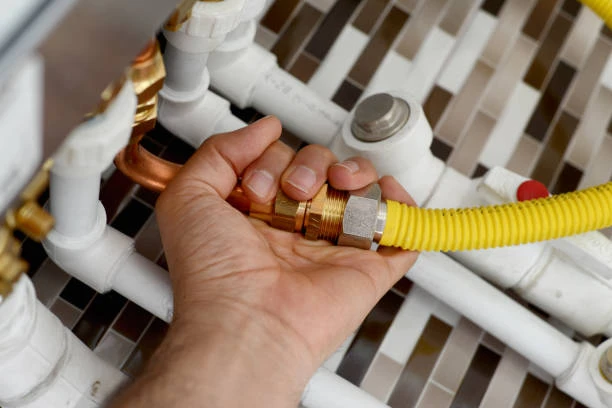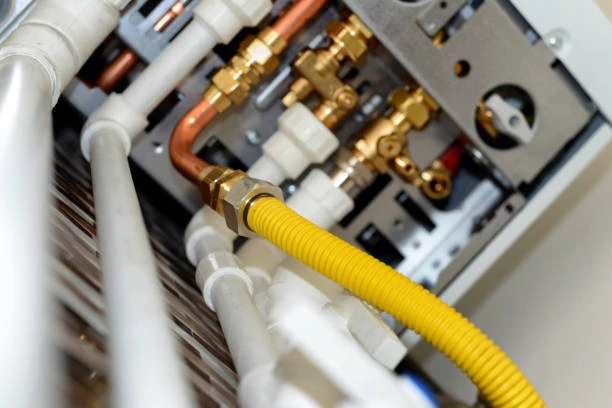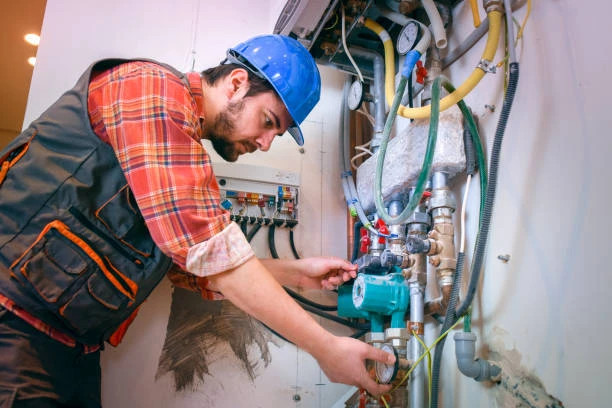Quick Diagnosis for Faucet Leaks
Faucet leaks are one of the most common household plumbing problems, and if left unchecked, they can lead to wasted water, increased utility bills, and long-term damage to fixtures. Whether you’re using traditional single-tap models or modern kitchen taps mixer faucets, diagnosing and resolving leaks quickly is essential. This article will walk you through quick diagnostic tips for identifying faucet leaks, answer common questions, introduce the basics of brass valves, explore industry applications, and help you make informed choices on materials, installation, and maintenance. Let’s keep your water systems running efficiently.
Frequently Asked Questions (FAQ)
1. Why is my kitchen mixer faucet leaking from the base?
Leaks from the base typically indicate worn-out O-rings or seals inside the faucet body. Replacing them usually solves the issue.
2. Can I fix a faucet leak without replacing the whole tap?
Yes, in most cases, you only need to replace small components like washers, cartridges, or seals.
3. What causes a faucet to drip even when turned off?
This is usually due to a damaged valve or sediment buildup inside the cartridge, preventing a proper seal.
4. Are mixer faucets harder to repair than standard taps?
Not necessarily. Mixer faucets may have more parts, but replacement kits are widely available and repairs are manageable with basic tools.
5. How do I prevent faucet leaks in the long run?
Use quality components, install them correctly, and perform regular maintenance to prevent corrosion and mineral buildup.
Brass Valve: Definition and Features
A brass valve is a plumbing control device made primarily from an alloy of copper and zinc. It is commonly used inside kitchen taps mixer faucets and other fixtures due to its balance of strength, reliability, and resistance to wear.
Key characteristics of brass valves include:
Corrosion Resistance: Brass resists rust and scale, making it ideal for water systems.
Durability: It withstands high temperatures and pressure without deforming.
Low Friction Operation: The smooth internal surface reduces drag, ensuring efficient flow.
Safe for Potable Water: Brass is safe for drinking water applications when manufactured to current standards.
Precision Manufacturing: It allows tight sealing and long-term leak resistance.
Because of these qualities, brass valves are a standard choice in both domestic and commercial water systems.
Common Uses and Industries
Brass valves and mixer faucets are used across a wide range of settings due to their adaptability and reliability.
Residential Kitchens and Bathrooms: Installed in sinks, basins, and showers.
Commercial Kitchens: Used for high-frequency water flow in hotels, restaurants, and cafes.
Healthcare and Laboratories: Installed in environments requiring hygiene and precision.
Public Buildings: Used in schools, airports, malls, and offices due to their robust construction.
Industrial Facilities: Applied in systems where long-lasting components are essential.
In all cases, their ease of maintenance and dependable sealing performance make them essential components.
Buying Guide: Choosing the Right Kitchen Taps Mixer Faucets
Selecting a reliable faucet involves more than just choosing a design. Here’s what to look for when buying:
1. Material
Brass is preferred for its strength and corrosion resistance. Avoid lightweight plastic models for long-term installations.
2. Cartridge Type
Look for faucets with ceramic disc cartridges for smooth operation and leak prevention. Brass valves with ceramic inserts are ideal.
3. Finish and Appearance
Choose a finish that matches your kitchen style—options include chrome, brushed nickel, matte black, and gold. Durable finishes help resist scratches and tarnishing.
4. Functionality
Ensure your faucet offers swivel spouts, pull-down sprayers, or water-saving aerators if needed.
5. Certifications
Always check for certifications such as NSF, CE, or WRAS to ensure health and safety compliance.
Buying quality ensures better water control, fewer repairs, and longer product life.
Installation Tips for Mixer Faucets
Proper installation prevents many common faucet problems. Follow these practical steps:
Turn Off Water Supply: Always shut off hot and cold water before starting.
Use Proper Tools: Wrenches, screwdrivers, and sealing tape are typically needed.
Check Alignment: Ensure the faucet fits snugly and aligns with the sink holes.
Seal with Plumber’s Tape: Apply tape to threaded joints to prevent leaks.
Avoid Over-Tightening: This can damage internal components and cause cracks.
Test Immediately: Run water to check for leaks before finalizing installation.
A correct installation will help your kitchen taps mixer faucets perform reliably for years.
Brass Valve vs. Plastic Valve: Text Comparison
| Feature | Brass Valve | Plastic Valve |
|---|---|---|
| Material Strength | High – Durable under pressure | Moderate – Susceptible to damage |
| Heat Resistance | Excellent – Handles hot water well | Limited – Can warp with heat |
| Longevity | 10–20 years | 3–7 years |
| Corrosion Resistance | Very Good – Resistant to scaling | Fair – Can degrade over time |
| Cost | Higher upfront cost | More affordable |
| Applications | Ideal for kitchens, baths, industry | Light-duty residential use |
| Environmental Impact | Recyclable | Less eco-friendly |
When it comes to reliability and lifespan, brass valves remain the superior option for faucet installations, especially in demanding environments like kitchens.
Conclusion
Leaking faucets are a common nuisance, but diagnosing them early can prevent bigger issues down the line. Whether you’re using standard taps or modern kitchen taps mixer faucets, the key lies in using quality materials, understanding how valves work, and following best practices for installation and maintenance. Choosing brass valves and certified products ensures durability, safety, and peace of mind. From residential settings to large-scale commercial applications, reliable faucet systems start with informed decisions.
Connect
IFAN is a trusted Chinese manufacturer with 30 years of experience producing high-quality plastic pipes, fittings, copper valves, and plumbing accessories. If you’re looking for dependable components for your bathroom or kitchen installations, IFAN has the right solution for you.
- For more information,pls visit our webside https://waterpipefitting.com/
Pls Mailto: [email protected]
Whatsapp: +86 15088288323
Feel free to contact us. We respond to emails and faxes within 24 hours. For urgent questions, you’re welcome to call us directly.
IFAN Product International Standards
All IFAN products meet a wide range of international standards, ensuring performance and safety across global markets. These include:
ISO 15874, EN 15874, ASTM F2389, DIN 8077/8078, GB/T 18742, NBR 15884, ISO 15494, EN ISO 15494, GB/T 19472, NBR 15494, ASTM 2846 (501), DIN 8079/8080 (502), ASTM F441/F441M SCH80 (503), DIN (504), DIN (505), GB/T 18993, AS/NZS 1477, CSA B137.6, NSF/ANSI 14, TIS 17-2532/1131-2535, BS 3505, BS 4346 (801), ASTM D1785 SCH40 (802), ASTM D1785 SCH80 (803), DIN (804), GB (805), GB (806), GB(901), DWV(902), ASTM D2665 (903), ASTM D2241, D2729, F441/F441M, ISO 1452, EN ISO 1452, DIN 8061/8062, GB/T 10002, AS/NZS 1477, JIS K6741, CSA B137.3, and others.
These certifications reflect IFAN’s dedication to quality and customer satisfaction across plumbing and construction sectors worldwide.














Recent Comments